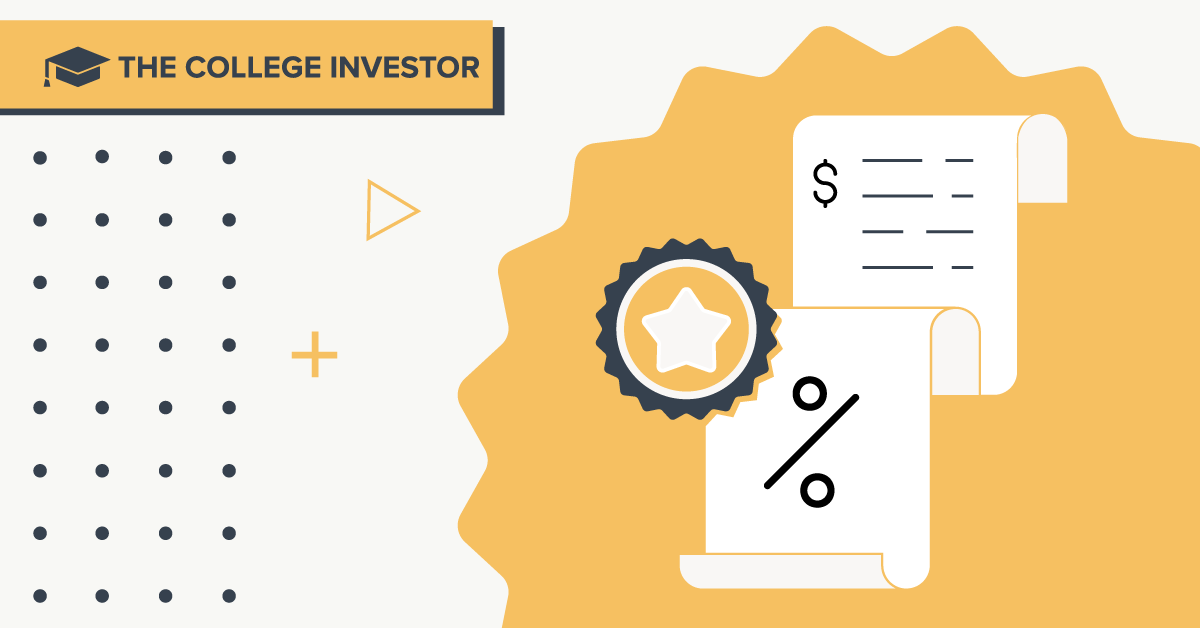Fixed Interest Rate
Definition
A fixed interest rate is an interest rate on a loan or mortgage or other financial instrument that remains constant for the duration of the term.
Detailed Explanation
A fixed interest rate is a type of interest rate that remains unchanged throughout the life of a loan or financial instrument. Unlike variable or adjustable rates, which can fluctuate based on market conditions, a fixed rate provides stability and predictability in financial planning. This makes it a popular choice for individuals and businesses seeking consistency in their loan repayments.
Fixed interest rates are predetermined and agreed upon at the inception of the loan, remaining constant regardless of changes in the market interest rates. This feature is particularly advantageous during periods of rising interest rates, as it shields borrowers from increased payment obligations. However, if market rates fall significantly, borrowers with fixed rates may end up paying more than those with variable rates.
One of the key benefits of a fixed interest rate is that it makes it easier to create a budget. Since the interest rate doesn't change, the repayment amount is consistent throughout the term, making it easier for borrowers to plan their finances. Fixed rates are common in various financial products, including personal loans, auto loans, and home mortgages.
However, fixed interest rates typically start higher than the initial rates offered on variable-rate loans. This is because lenders take on more risk by locking in a rate for a long period, especially in an unpredictable interest rate environment.
Example
Suppose you take out a 30-year mortgage with a fixed interest rate of 4%. Regardless of fluctuations in the market, your interest rate remains at 4% for the entire 30 years, ensuring that your monthly mortgage payments stay the same.
Key Articles Related To Fixed Interest Rate
Related Terms
Variable Interest Rate: An interest rate that changes over time with the market rate.
APR (Annual Percentage Rate): the annualized cost of borrowing, expressed as a percentage. It includes the interest rate and additional fees or costs associated with the loan.
Amortization: the process of paying off a debt, such as a student loan, over a specific period of time through regular payments.
Principal: The original amount of money borrowed before any interest or fees are added.
FAQs
Is a fixed interest rate always better than a variable rate?
Not necessarily. The choice depends on individual circumstances, market conditions, and personal risk tolerance.
Can I switch from a fixed interest rate to a variable rate?
Yes, in some cases, but it may involve refinancing the loan, which can involve additional costs.
Does a fixed interest rate affect the total amount of interest paid?
Yes, typically, a fixed interest rate may result in paying more total interest over the life of the loan compared to variable rates, especially if market rates decrease. Conversely, if market rates increase for an extended period, you may pay less interest with a fixed rate.
Editor: Colin Graves
